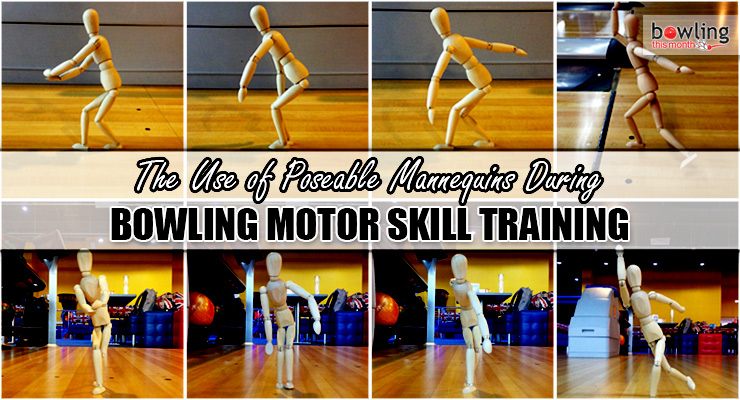Article Contents
- 1. Forming the image of the skill in the mind
- 2. Methods of image formation
- 3. The critical role of spatial and visual thinking in bowling skill-building
- 4. Spatial and visual thinking in forming motor imagery
Note: This article is only available to Bowling This Month subscribers.
All athletes go through several stages during the process of motor skills training.
During the first stage, the athlete must be given all the information needed to form an image of the movement being practiced in his or her mind.
The next stage is when the athlete starts to master the new movement. This stage is characterized by the conscious control of all actions, slow movements, a significant amount of errors, and being easily distracted by external or internal stimuli.
The final stage of skill mastery is evident when the athlete starts performing movements automatically, without conscious control, using an optimal rate of movement, with an error rate that is trending to zero, and has a stable resistance to external or internal distractions.
Forming the image of the skill in the mind
The role of the first stage of mastering a skill is often underestimated. It is critical that the information be delivered in a way that is accessible and understandable to the student so that they can form the correct image of movement within their mind. In my observations, sometimes 15 minutes effectively spent at this stage can save dozens of hours of training in the later stages of mastering a skill.
This important first stage will be discussed in this article, and I will include my experience with optimizing this process. Future articles will cover the next two stages.
Methods of image formation
As a coach, one must use all possible channels of education to help the athlete create the correct execution of the skill within their minds. The visual, auditory, and kinesthetic learning modalities should be used effectively as needed for each student. In general, the effectiveness of training will increase significantly when a combination of these modalities is utilized.
In fact, the uptake rate and quality of understanding increase dramatically when combining all three perception channels. Research has shown that when using just ...
Already a premium member? Click here to log in.


